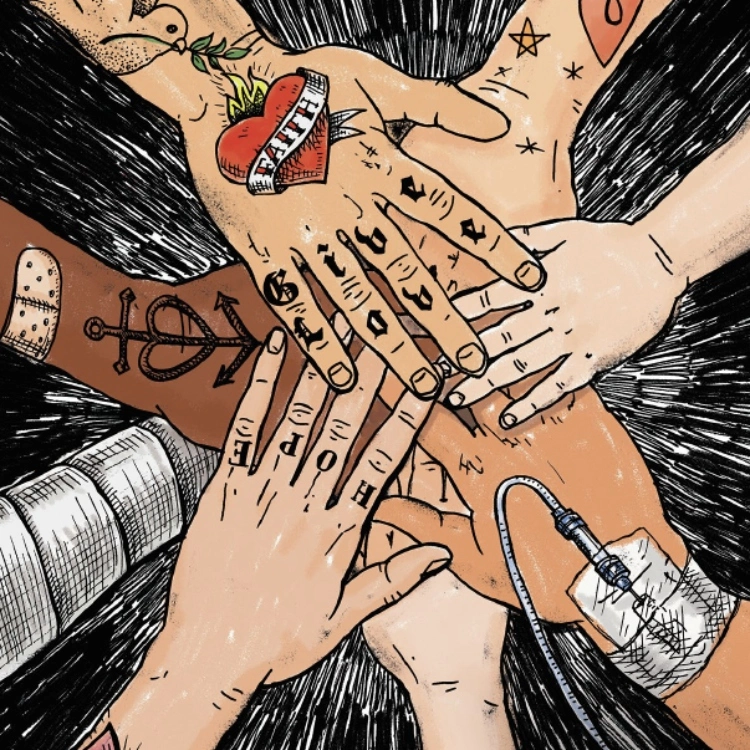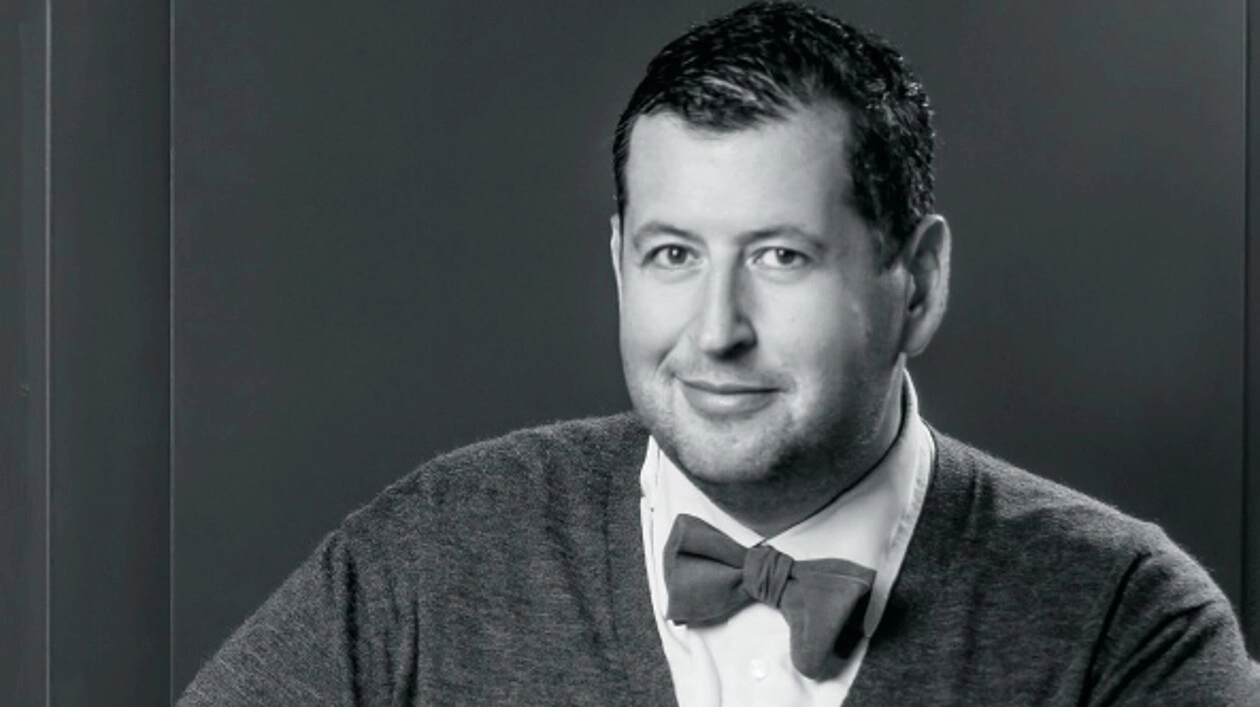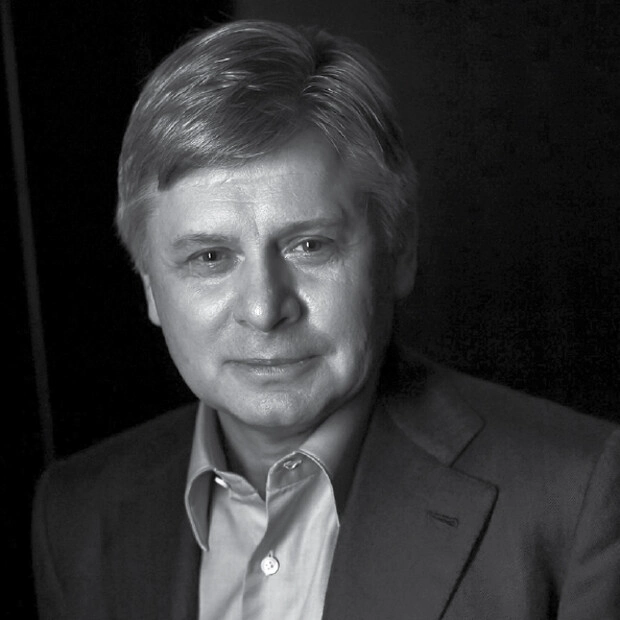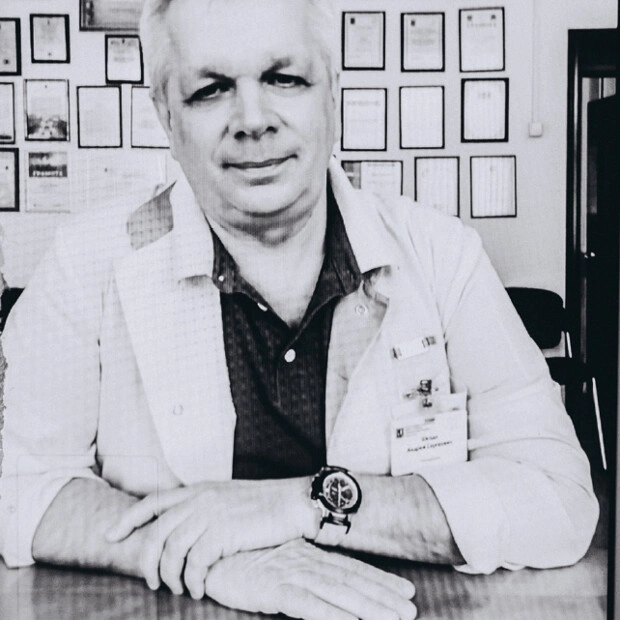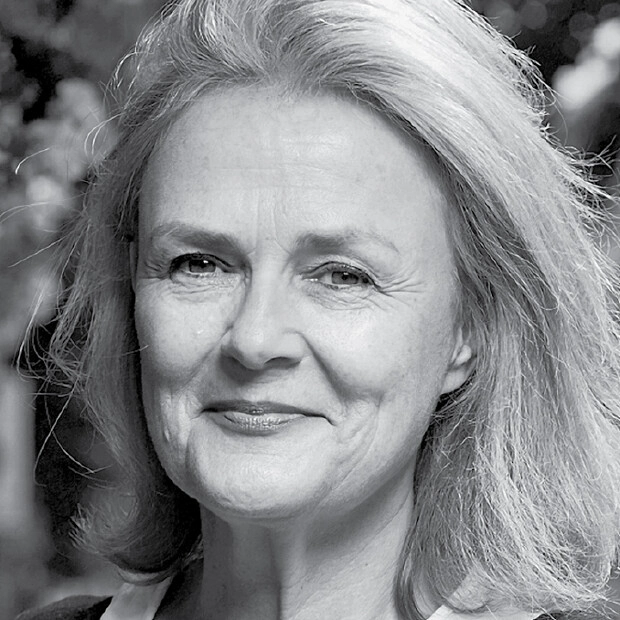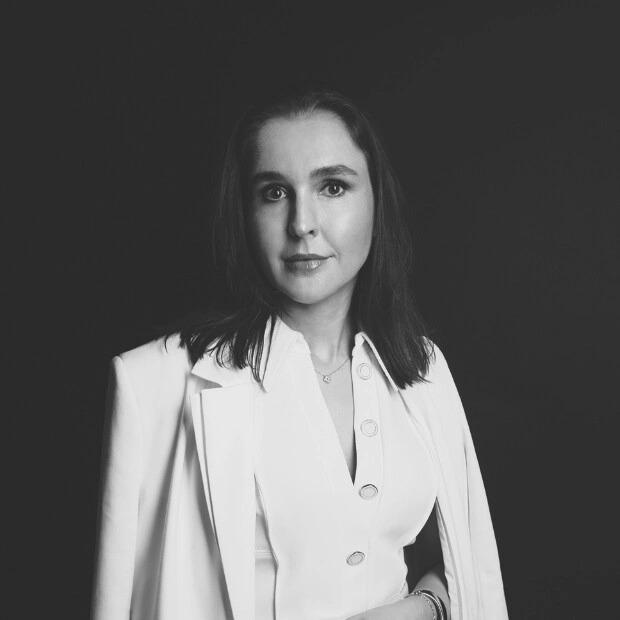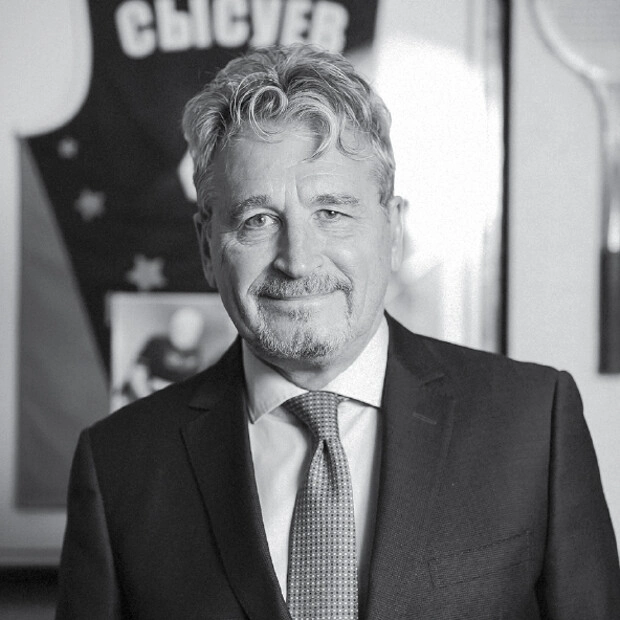One person alone cannot bring about Utopia, and neither can society be forced to work towards one person's utopian vision. Humanity will, necessarily, find its way to the ideal, only once it grasps that that consists of individuals contributing towards a whole to a family, to a country, to the Earth. How often do we think to ourselves: "I'm just a speck in the space; what changes could I possibly make? Our regular columnist, the financier, and co-founder of the Druzya (Friends) philanthropic organisation, Yan Yanovsky writes of his motivation to move in the direction of utopia.
There can be no ideal world, because the idea is subjective, and different for everyone it's a reflection of each person's ambitions, fears, complexes, education. I think what's important isn't my envisioned ideal, or yours, but rather our direction. We can't change everything. But it's important that we agree, that we understand we're indeed moving in the same direction. Even if our ultimate visions of the world differ. A boat can't have a tailwind without a destination.
I want to leave this world in better shape than it was in when my parents gave it to me. People take the path of least resistance, and I, like anyone, try to figure out how my ef-forts will result in the greatest yield. In many respects, I entered the field of philanthropy precisely because of this. There are many possible ways to make the world a better place, but I, for example, am not a scientist. I can't do much in the field of knowledge. Nor am I a doctor; it's not mine to cure diseases. But I retain the illusion that for me, that possibility lies in philanthropy.
Being an economist, I'm very close to the ideas of Adam Smith and Roberto Ricardo, and the theory of absolute advantage: that each individual should be doing what he is an expert at, or at least what he is better at than others. For me, professionalism is the key to success. In philanthropy, people usually become involved because of their emotions: the loss of a loved one, or an incurable disease. They feel the need to help, or to forget. Unfortunately, while feelings do generate motivation, they're not the best drivers of effectiveness. My approach is to treat it as a profession. There are very few professionals in this sphere: you can't get a degree in philanthropy. So the Druzya (Friends) Foundation is creating a program from scratch which will allow people from outside the field to learn how it works, and how to approach it professionally, while also giving the people already doing this work an opportunity to increase their effectiveness.
The Vera (Faith) Foundation is a good example. When we were just starting up, the team was great, but its effectiveness when it came to fundraising, working with donors, general operations, internal procedures and processes, left much to be desired. A utopia of philanthropy? Far from it. But now it's one of the top three in Russia. What's made us successful is that our staff is professional, with the competence necessary to develop the organisation. And Utopia became a reality within the framework of that foundation.
It used to be that society just didn't want to talk about the sort of thing the Vera Foundation does. In general, people try to protect themselves from the idea of death and everything connected to it. I'm no exception to this. When I first joined the board, I made every possible excuse to avoid my first visit to hospice. It took me more than a year of selfwork, an internal dialogue, to find the strength. It was a very difficult step. Years have now passed, and society has come a long way; the topic of palliative care is no longer taboo, and people's level of engagement has fundamentally altered. They call us: "We want to help! How can we help? What do you need help with?
There are a lot of different ways to help, and we've come up with one more. Take a professional in marketing, law, or media, for example, who wants to volunteer with a charity, isn't ready to scrub floors in the hospice centre, but is willing to volunteer in the context of his profession, and has, say, two hours a week, or five hours a month. Druzya is launching a project called ProCharity. It's a platform where professionals and businesses, both small and large, can make donations in the form of expertise in various fields. The platform connects these donations to requests made by charitable organisations and creates a team to do the work. Though there's still a problem: you help the fund, you do some work, but you don't receive any thanks. The money was received, the help was given, and everything was already taken care of. We want everyone on the platform to receive gratitude. In different ways, our partners will say "thank you" to everyone who offers up their precious time.
My utopian idea is that within a few years, an IT company in India, using our platform, would be able to help sort out an issue for a charity in Russia, and a Russian company could help a foundation in Egypt or Australia, and so on. We want to erase national borders in the field of philanthropy. I'm confident we can do it. The most important thing is that associations from other countries work with us on this initiative.
I once prepared for an exam that included an essay section. I've had a great many exams in my life, but somehow I remember the topic of this particular test I often think back to it, discussing it with myself again. The question was this: why do schools teach children how nations differ from one another, and do not teach what they all have in common? It seems very important to me. And I think this is what will put us on course for a utopian society.
When I'm asked what Druzya's purpose is, I respond that its goal is to no longer be necessary. It's difficult to expect that society will be able to solve all its problems by itself, because it has a lot of them. But an ideal society is one that can approach doing so without burdening one group of people more than another. American citizens paying taxes, living the last thirty or fifty years outside the country this isn't an ideal picture. They appear to be carrying other people's burden. In an ideal society, people shouldn't do things just because; they should do things because they're motivated to. It's not about consciousness, it's about motivation.
I'll draw a parallel. Any employee who works for me, for the foundation, consciously makes the choice to do so. But my task, my responsibility, is to properly motivate him. I have to find the key that will give him the opportunity to unlock himself and deliver his very best. And I think that the state's role isn't to be society's policeman, but to be its motivator, motivating society and each one of us to make a reasonable contribution to its development. This is my utopia. Almost everyone has the ability to do more for society, but we don't. And it's not because we can't, or we don't want to, but because we don't believe it'll make a difference. We are demotivated. If you think about it, it's very simple to say to an unemployed person: here's some money. But look for the key to unlock that something inside him, and the prefix "un-" will fall right off. Look.
